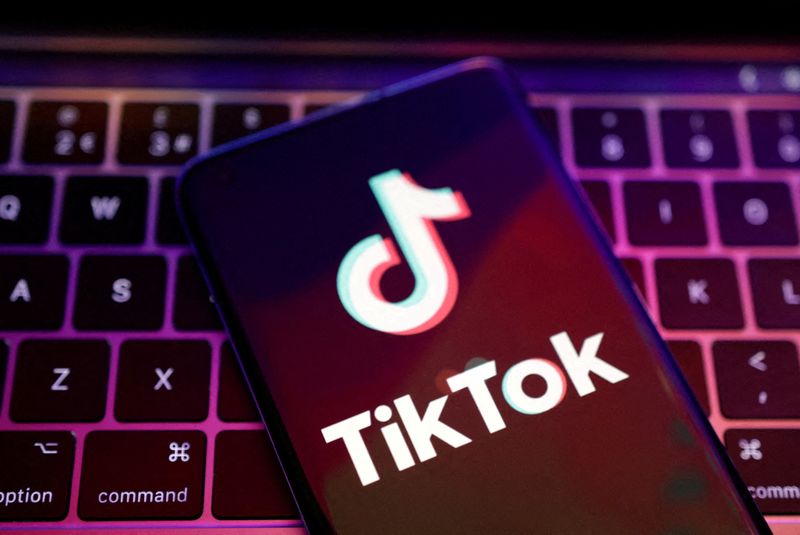The future of TikTok, the wildly popular short-form video app, hangs in the balance in the US. The potential for a nationwide ban has escalated in recent months, fueled by national security concerns about the app's ownership.
Lawmakers are advocating for a forced sale of the platform by its parent company, ByteDance, citing concerns over user data collection and potential influence by the Chinese government.
The House recently passed legislation that would ban TikTok if the popular social media platform’s China-based owner doesn’t sell its stake within a year, potentially leading to significant changes in the social media landscape.
The TikTok ban is looking likely
According to analysts at Wedbush, it is “looking likely.” The firm noted that the legislation and funding bill for Ukraine and Israel that passed the House has a TikTok ban/forced sale weaved in that is now racing for signature towards the Senate and, ultimately, once President Biden signs, would become law and start the clock on TikTok ban/sale.
“In essence, ByteDance would have up to a year likely to divest TikTok in a forced sale or face a ban the way the legislation is looking today heading into the Senate,” explained Wedbush. “There will clearly be a myriad of legal challenges from TikTok/ByteDance once this legislation becomes US law and would even get more complicated heading into the upcoming Presidential election.”
Furthermore, Wedbush suggests that the likely buyers for TikTok could be Microsoft (NASDAQ:MSFT) and Oracle (NYSE:ORCL), given their past interest and strategic fit. However, a number of private equity and consortiums are also expected to put together bids, with Former Treasury Secretary Steven Mnuchin among many that have shown early interest for this key asset.
Nevertheless, Wedbush concludes that with the legislation appearing on the fast track, “it finally appears the long threatened TikTok ban is now here with the clock starting once Biden signs the bill into law.”
“This will cause a ripple impact with now the focus on the next steps in this game of high stakes poker with TikTok forced sale/ divestiture/ban now on the table,” the firm concludes.
The potential impact of a TikTok ban
In its note, Wedbush highlighted the broader worry that China could retaliate, adding more pressure to the regulatory and geopolitical headwinds US companies face in the country, particularly for Apple (NASDAQ:AAPL) and Tesla (NASDAQ:TSLA), among others.
Meanwhile, Deutsche Bank (ETR:DBKGn) thinks the bigger question is whether or not the Chinese government is willing to accept a forced sale of TikTok.
“Last year, the government signaled that a sale would involve ‘exporting technology’ (specifically, TikTok’s content recommendation algorithm, which was added to an export control list in 2020, when the Trump administration was advocating a sale), which would require government approval,” explained Deutsche Bank analysts.
Assessing the impact on TikTok rivals, said that it calculates that “every 10% shift of total TikTok US engagement to its competitors drives an incremental $7 in value/share for Snap (60% upside from today's levels), $19/share (4% upside) for Meta (NASDAQ:META), with the impact to Alphabet (NASDAQ:GOOGL) insignificant given the lower relative margins for YouTube, and the fact that the lion's share of GOOG's value is tied back to Search.”
